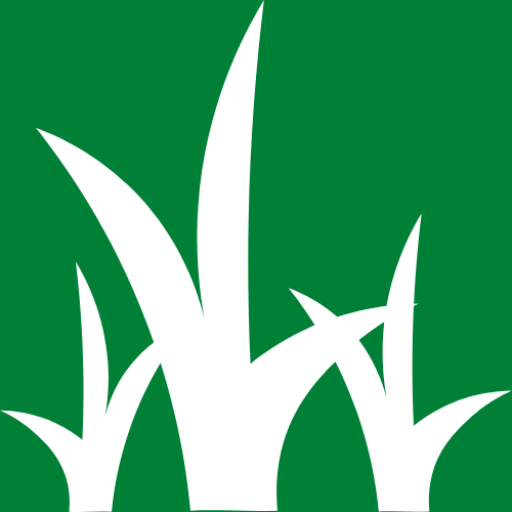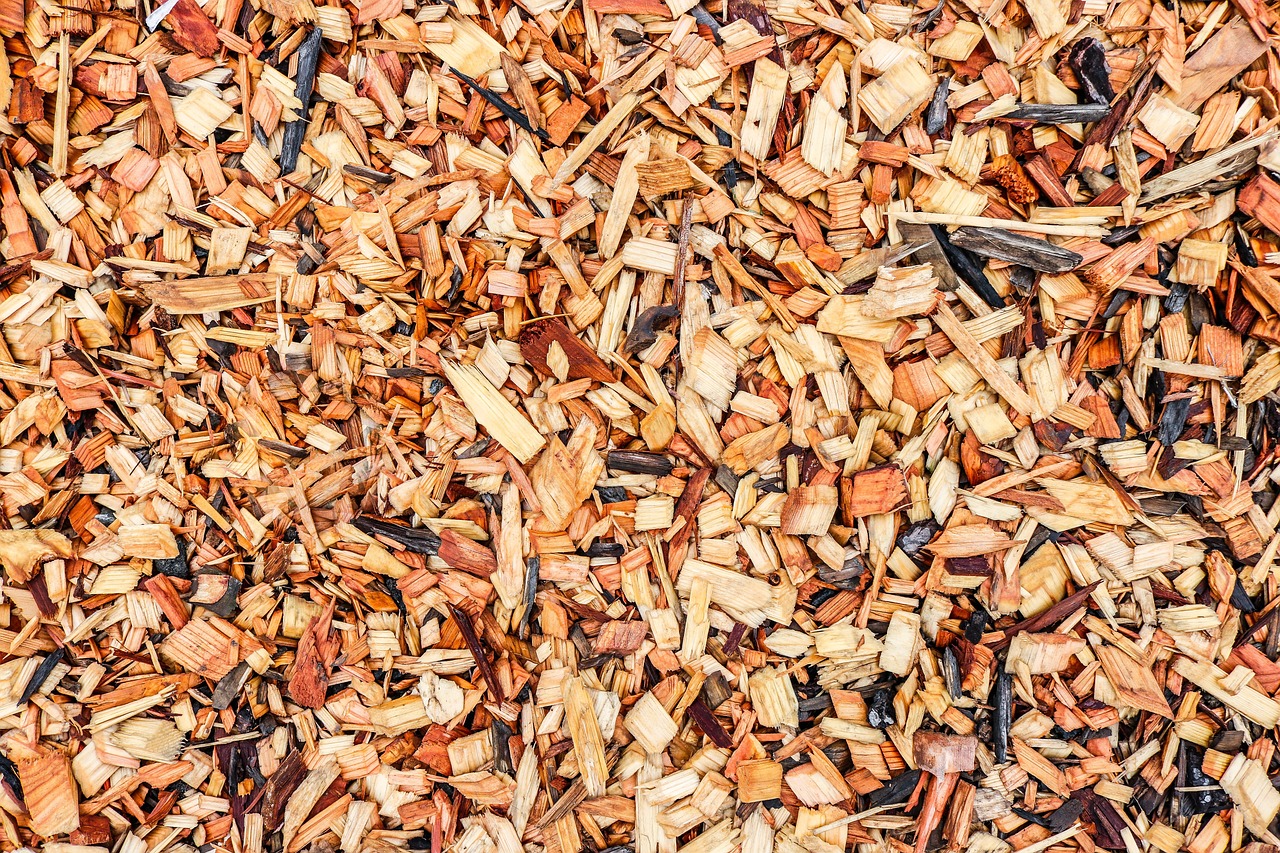We all know the benefits of mulch on our lawns. But what many don’t know is that mulching can have many disadvantages too. In this article, we are going to share the disadvantages of mulching.
What is Mulching?
Mulching is spreading materials over the surface of your soil in the lawn. These are usually organic materials such as fallen leaves, wood chips, animal waste and plant debris. Mulch can also include inorganic materials such as rocks and black plastic.
While there are many benefits of mulching we can not ignore its disadvantages. Mulching done by someone who is not experienced enough can lead to more damage than good for the lawn. Below are some disadvantages of mulching.
Disadvantages of Mulching
- Over-mulching can suffocate your plants. A thick layer of mulch of more than 3-4 inches can end up blocking the flow of air, water and nutrients to the roots of your plant. This will lead to them getting buried and suffocated. It will also prevent healthy growth.
- Mulch can prevent seeds from germinating due to the blockage of sunlight from reaching them. It is best to avoid mulching during the germination process.
- A thick layer of mulch can roast your plants due to the entrapment of excess heat during summers.
- Using mulch materials such as wood chips or sawdust can lead to a lack of nitrogen in the soil. To counter this you will have to add nitrogen-rich fertilizer to your soil.
- Mulching can lead to an increase in pests as they love dark, moist and cold environments. Pests such as slugs, snails, cutworms and earwigs tend to grow in this habitat.
- The usage of inorganic materials for mulching can lead to the drying up of soil in your lawn. This can severely hinder the passage of water to the roots of your plants.
- Mulching materials such as pine needles or inorganic materials can lead to an increase in acidity in the soil. This will hinder the healthy growth of plants.
- Heavy rains can lead to the ground turning soggy due to mulch preventing proper drainage of water. This will also lead to the rotting of organic materials in the mulch.
- Depending on the materials used for mulch it can get expensive. It is also time-consuming and laborious to apply the mulch to your lawn.
- It is not easy to add seeds to a lawn that already has mulch. You will have to remove the mulch first and then add seed to the soil.
Bottom Line
Before mulching your lawn it is best to take the pros and cons into account. You should only add mulch depending on the conditions or if your lawn needs it. In any case, you should avoid applying a thick layer of mulch as it is the most harmful to your lawn.
Many inorganic materials can also be toxic to the environment and damage the soil of your lawn. Ultimately, mulching can be beneficial for some while not so beneficial for others depending on their environments.

